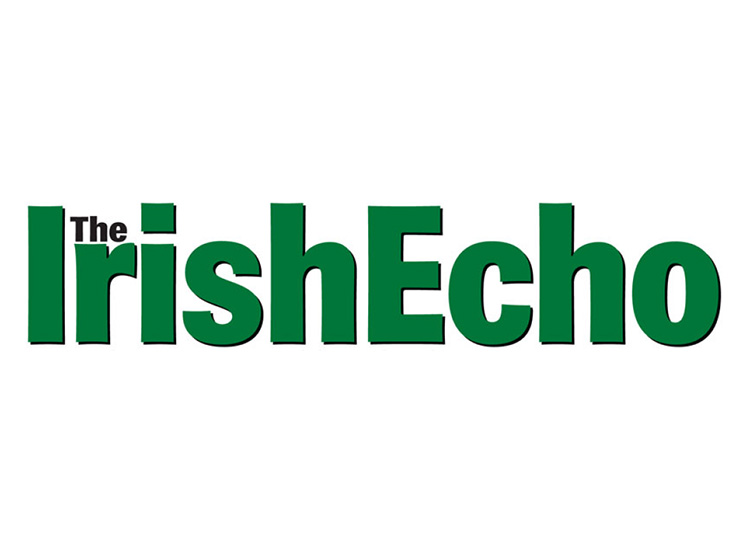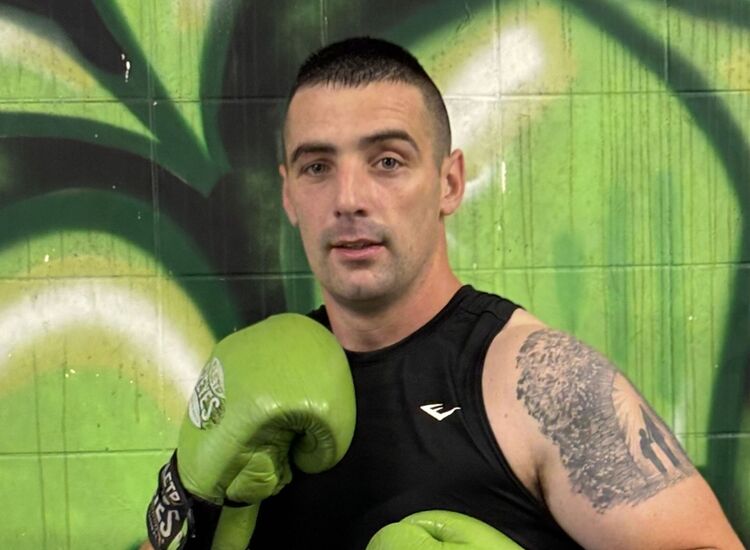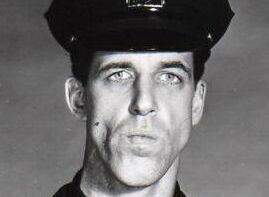Minister of Foreign Affairs Simon Coveney
By Ray O'Hanlon
Irish Foreign Affairs Minister Simon Coveney has added his name to the growing list of those who would like to see the appointment of a U.S. special envoy to the Northern Ireland peace and political process.
Earlier this week, Coveney spoke to an audience of Irish American community leaders on a Zoom meeting hosted by the Irish Consulate in New York.
After delivering a wide ranging and detailed assessment of the Irish government's position on a range of issues participants were given the opportunity to ask questions of the minister.
One of the questions was whether the minister supported the idea of an envoy.
"Absolutely," Coveney responded without hesitation.
To have an envoy reporting back to Washington was "a very useful tool, particularly at the moment," Coveney said.
All the challenges and the changing landscape in Northern Ireland needed to be understood in Washington and in this regard a special envoy reporting to the White House would be very important.
Since President Biden came into office four months ago the drumbeat calling for an envoy has steadily risen. There is a petition, jointly organized by the Ancient Order of Hibernians and the Irish Echo, while just last week twenty-five members of the House of Representatives, from both parties, sent a letter to the president urging an appointment.
And yet, given the passage of those four months, the Biden administrations seems not to be in no hurry to appoint an envoy, or indeed is reluctant to do so at all.
The entire idea of special envoys came in for critical examination in a recent article in Politico.
Under the headline "How Many ‘Special Envoys’ Does Joe Biden Need?" the report stated that appointing diplomatic czars helps the White House look like it’s laser-focused on big problems. But experience shows they don’t always accomplish much.
The report was penned by a retired U.S. ambassador, Brett Bruen and Adam Ereli. Bruen served as director of global engagement in the Obama White House and was a career foreign service officer. Adam Ereli, also a career foreign service officer, was the U.S. ambassador to Bahrain and Deputy State Department spokesperson.
As the two reported: "The Biden administration is reportedly considering designating a special envoy to focus on the controversial Nord Stream pipeline, which would be the third such appointment in the past month. The administration recently announced that Richard Norland would become special envoy for Libya, while retired Ambassador Jeff Feltman has been tapped as special envoy for the Horn of Africa. And in only its first hundred days, the administration created another four new special envoy roles to deal with climate change, Yemen, the Northern Triangle and Iran.
"These appointments come on top of already existing envoy positions for Afghanistan, Sudan, Syria, North Korean Human rights, Hostage Affairs, Holocaust Issues, International Energy Affairs, Non-Proliferation and Anti-Semitism."
The two opine that having "Special" in your title does not mean you are able to get any more done. Indeed, it often just creates more layers of complexity.
"Several factors account for special envoys’ lackluster scorecard. While envoys are frequently talented and energetic, as short-term political appointees whose positions are by definition temporary, they frequently lack the time or internal clout required to deliver meaningful outcomes. They often must spend a disproportionate amount of time setting up their offices and getting the lay of the land. In most instances, envoys have ended up more as bureaucratic troubleshooters than fully empowered negotiators, bogged down in sorting out conflicts between competing or overlapping offices."
Essentially the Politico piece is an argument in favor of leaving matters to career foreign service officers, professional diplomats.
"A better approach would be to reserve the appointment of special envoys for only the most high-stakes diplomatic issues of major importance to the United States. For everything else, the president and the Secretary of State should use their existing talent."
So how "high-stakes" is the Northern Ireland peace and political process?
Well, Bruen and Ereli deliver a clue with these lines: "A few rare cases have demonstrated that a skillful professional can deliver important results. George Mitchell’s work as U.S. special envoy for Northern Ireland helped produce the Good Friday Agreement, which brought 23 years of peace to that troubled territory. Part of his success resulted from the active involvement of President Bill Clinton in the process. More often than not, however, special envoys fail to live up to the much-hyped expectations."
And they concluded: "There is no shortage of currently serving diplomats capable of managing the toughest diplomatic challenges. For too long, they have been sidelined or passed over in favor of political appointees, frequently in return for supporting a candidate’s campaign.
"Instead of appointing more special envoys, our political leadership could produce greater long-term impact by giving existing State Department undersecretaries and assistant secretaries the power, authority and personnel resources required to do their jobs. Doing so will permit diplomats to spend less time on bureaucratic turf wars and more time on the work of diplomacy."
Interestingly, it was Secretary of State Anthony Blinken who raised Northern Ireland during a recent meeting in London with British Foreign Secretary Dominic Raab.
Perhaps Blinken is the de facto envoy. It's just that nobody has openly stated it yet.










